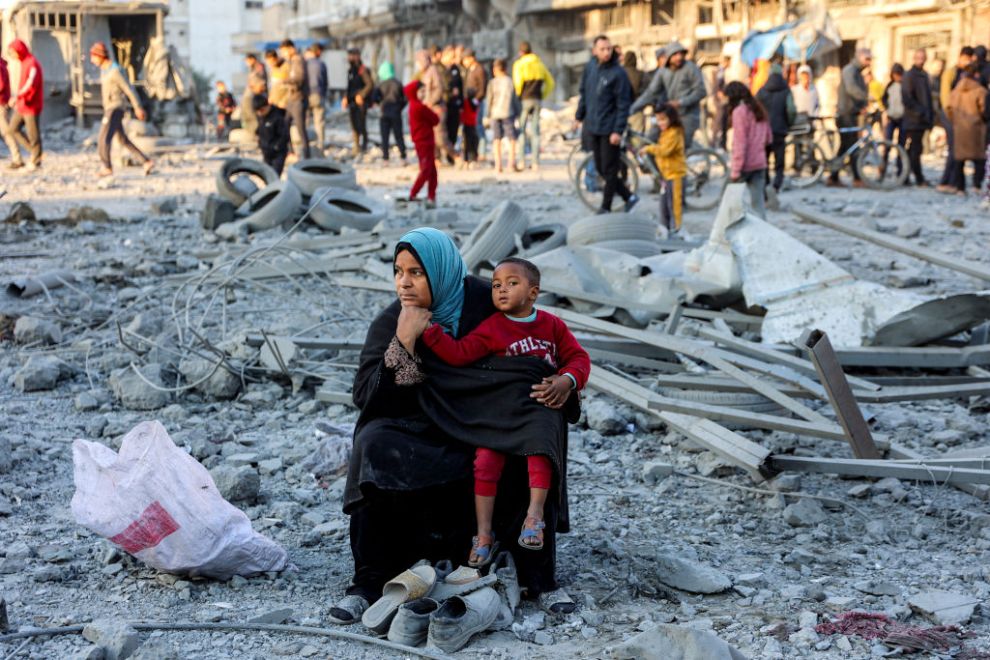Israel and Hamas have reached a significant agreement to implement a ceasefire in Gaza, marking a potential end to more than 15 months of devastating conflict. Announced separately by President Joe Biden and Qatar’s Prime Minister Sheikh Mohammed bin Abdulrahman Al Thani, the deal sets a multiphase roadmap to halt hostilities, release hostages, and deliver critical humanitarian aid.
Historic Agreement Ends Months of Intense Fighting
“This deal will halt the fighting in Gaza, surge much-needed humanitarian assistance, and reunite hostages with their families,” President Biden said. He noted that this agreement aligns with a proposal he initially presented in May 2024, later endorsed by the United Nations Security Council.
While Israeli and Hamas officials have yet to confirm the agreement publicly, sources close to the negotiations indicate it includes comprehensive ceasefire measures. Israel’s Prime Minister Benjamin Netanyahu’s office acknowledged unresolved issues but expressed hope for finalizing the details soon.
The ceasefire is expected to begin on Sunday, pending formal approval by Israel’s cabinet. In the first six-week phase, hostilities will cease entirely, and Israeli forces will withdraw from Gaza’s populated areas. Hamas has committed to releasing 33 Israeli hostages, primarily women, elderly individuals, and the wounded. In return, Israel will release approximately 1,000 Palestinian detainees. Simultaneously, humanitarian aid will flow into Gaza to alleviate the dire conditions caused by prolonged fighting.
“We have created a moment of opportunity,” Israeli President Isaac Herzog stated, urging the government to approve the agreement. “We must seize it.”
Subsequent phases will focus on establishing a permanent end to the conflict. These include the release of remaining hostages and the withdrawal of all Israeli forces. The final stage aims to repatriate the remains of deceased hostages and begin rebuilding Gaza.
The agreement followed weeks of intensive negotiations in Doha, Qatar, involving mediators from the United States, Egypt, and Qatar. Notably, representatives from both the Biden and Trump administrations worked to pressure the parties toward a resolution.
United Nations Secretary-General António Guterres welcomed the breakthrough. “Our priority must be to ease the tremendous suffering caused by this conflict,” he emphasized, calling for unhindered humanitarian relief.
This ceasefire marks the first since November 2023, when a brief truce facilitated a smaller exchange of hostages and detainees. The current deal brings renewed hope for peace after months of unprecedented violence, which has claimed over 46,000 Palestinian and 1,200 Israeli lives since October 2023.

